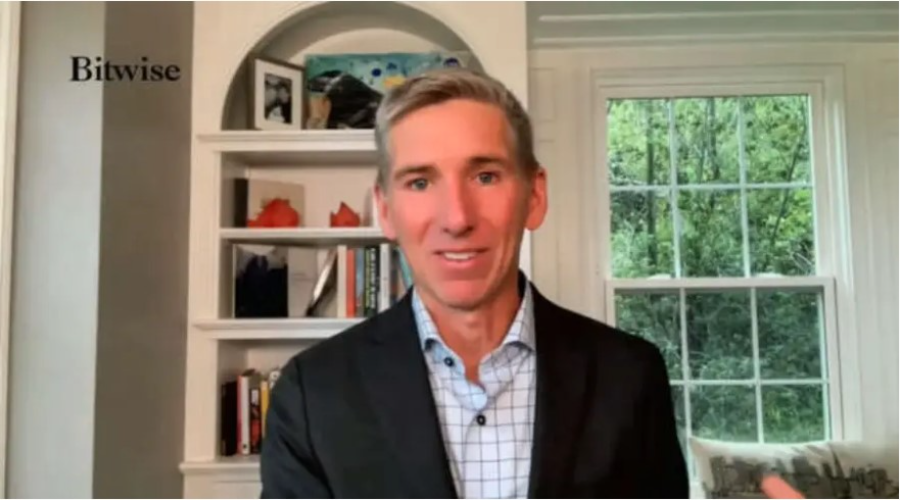Summer, with its long days and hot temperatures, often comes accompanied by an idealized image of lightness, freedom and relaxation. For many families, however, reality is another. The parental burnoutthat is, the emotional and physical exhaustion linked to parenting, tends to manifest themselves with more strength during the summer months, when the children are at home from school and the management of management for mom and dad increases vertiginously.
And so, while the invitations to “enjoy the summer” are multiplying, Many parents feel overwhelmed, tired, guilty for not being able to be up to that version of self they had imaginedfueled by often unrealistic cultural expectations.
It is not just about tiredness or simple stress. The parental burnout is a real condition, made of chronic exhaustion, irritability, sense of failure, loss of enthusiasm. A silent malaise, which is often not recognized because “it is part of the role of parent”. But the fact that it is common does not mean that it should be normal. And summer, with its promises of lightness that collide with the daily organization, can become an amplifier of this submerged effort.
The summer that weighs: how and why the parental burnout strikes more during the summer holidays
The school closes. Extraccolastic activities stop. Children, full of energy, expectations and desire to do, remain at home. And the parents? They continue to work, in smart working or in the office, trying to frame the summer puzzle between calls, deadlines, bored children and summer centers that are too expensive or already complete. In this scenario, the parental burnout finds fertile ground.
This phenomenon intensifies when mom or dad take on a mode of “full -time direction”, operating 24 hours a day without real breaks. Even those who seem to have organized the Summer Routine well, often find themselves in trouble: the rhythms change, the days dilate, the heat weakens the physical resistance, and the load of responsibility remains unchanged.
A recent also confirms this investigation conducted by Unhappy: according to more than half of the therapists involved, parents often report, or even very often, an increase in stress in the summer months. Particularly exposed to the parental burnout are the Working parents without external supports (62%), followed by Couples with children from 0 to 5 years (40%) and from Who has children with special needs (30%). Among the difficulties that parents tell most often during the psychological journey, the main one is find the balance between work and family management (73%), which in summer becomes even more complicated. Immediately after, they weigh i Costs, often prohibitive, of summer centers or external supports, such as babysitter (67%). And finally, to make everything more difficult, there is also loneliness: the absence of a support network made up of family or friends to really count on (40%).
Another research of 2024, published on BMC Public Healthhas identified among the main causes of the parental burnout three recurring factors: parental perfectionism, excessive sense of responsibility and logistical overload. These are behavioral and psychological traits that, if already present during the year, tend to exacerbate themselves in the summer months. In particular, in this period, parents enter a “hyper-presence” method: They feel obliged to organize stimulating holidays, manage every activity in detail, guarantee well -being and emotional safety of the children… all, without ever complaining or showing themselves fatigued, and carrying out their usual activities.
The sense of having to “do everything perfectly” is not only a subjective feeling, but a pattern that emerged in the collected data: Many parents report to live summer as a performancein which each day must be productive, pleasant, full. The pressure does not come only from the outside, from social networks, from other parents, from cultural models, but also from the inside: the fear of “do not do enough” takes over.
In support of these data, one studyconducted by the Ohio State University College of Nursing, on a global champion of over 700 parents, has shown that those who present one greater propensity for organizational control, the autonomous management of every family detail and very high personal standards It tends to manifest more marked symptoms of anxiety, a sense of failure and mental exhaustion. Parental perfectionism, understood as a constant desire to be the “ideal parent”, thus transforms into a risk factor. The study also notes that these parents, while often managing to “hold” in the short term, accumulate a load of progressive stress that manifests itself through theIrritability, chronic effort and less emotional connection capacity with children. And in the summer months, when everything slows down but the responsibilities remain, this load becomes even more evident.
In general, moreover, Mothers seem to be the most exposed to parental burnout. Not only because, as in the rest of the year, even in summer, they continue to take charge of the daily management of the family, but also because on them they like silent and internalized expectations: being present, organized, serene, always up to par. Different studies they speak clearly: compared to dads, land mothers report higher levels of emotional exhaustion, a sense of affective detachment from the children And, in the most serious cases, a real loss of meaning in one’s parental role. It is as if, under the pressure of “having to do everything”, that thin thread that keeps the care, intuition and pleasure of the relationship was broken. The result is a form of burnout that does not end with the end of the holidays, but which can persist if not recognized and faced.
Real strategies to lighten the load and reconnect with you and with their children
The first step is to recognize the parental burnout for what it is: not a personal failure, but one condition linked to one discrepancy between internal and external resources and continuous requests.
It is not a question of being “weak” or “wrong”, but of having reached a point where the body and mind ask for a truce.
If you feel more nervous than usual, if you have lost your patience easily, if you wake up already tired or you feel emotionally disconnected from your children, perhaps it is time to stop and listen to you. And it is precisely here that you have to start: recognize to suffer from parental burnout.
Then there is no universal solution, but there are small tools that can make the difference.
Try for example a reduce expectations: Summer must not be perfect. Making peace with the idea that a few free days can mean disorder, monotony or boredom is liberating. If you strive too much to fill every minute, the result is growing stress. There is nothing wrong with letting the children get bored a little, or to ask the partner (or who is close to you) to take on a greater part of the day.
It is essential then take small moments for itself: even just ten minutes of silence, a walk alone, a coffee without interruptions. They are not luxuries, but acts of emotional survival.
Cultivate time with children not as a further task to carry out, but as an opportunity to slow down, breathe together, reconstruct a bond without pressure. Why You don’t always need to be perfect: sometimes, there is really to be really being there.
Finally, if the burnout seems invincible, the only concrete road is Look for the support of an expert. The parental burnout does not resolve itself, but can be transformed into opportunities: a moment to redesign rhythms, roles, expectations. This is also an act of love.
A Systematic Review of Parental Burnout and Related Factors Among ParentsBMC Public Health
Pressure to Be “Perfect” Causing Burnout for Parents, Mental Health Concens for Their ChildrenThe Ohio State University College of Nursing
Burnout and Mental Health in Working Parents: Risk Factors and Practice implicationsJournal of Pediatric Health Care
Gender Differences in the Nature, Antecedents and Consequences of Parental BurnoutSex Roles a Journal of Research
Source: Vanity Fair
I’m Susan Karen, a professional writer and editor at World Stock Market. I specialize in Entertainment news, writing stories that keep readers informed on all the latest developments in the industry. With over five years of experience in creating engaging content and copywriting for various media outlets, I have grown to become an invaluable asset to any team.







